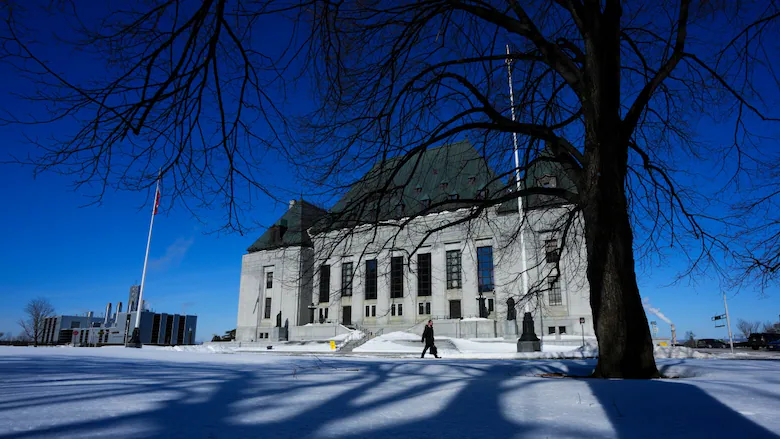Supreme Court of Canada to Hear Legal Challenge Against Quebec’s Secularism Law
The Supreme Court of Canada has agreed to hear a legal challenge against Quebec’s controversial secularism law, commonly known as Bill 21. The law, which prohibits certain public-sector employees from wearing religious symbols at work, has sparked widespread debate since its enactment in 2019.
Opponents argue that Bill 21 violates fundamental freedoms enshrined in the Canadian Charter of Rights and Freedoms, including freedom of religion and equality. The legal battle has been ongoing, with critics highlighting its disproportionate impact on religious minorities, particularly Muslim women who wear hijabs.
Quebec Premier François Legault’s government, however, remains steadfast in its defense of the law. In a statement, Quebec officials reiterated their commitment, saying, “We will defend this law until the end,” emphasizing that it reflects the province’s secular identity and is supported by many Quebecers.
The Supreme Court’s decision to hear the case signals a critical moment in Canada’s legal and cultural landscape. The ruling could have significant implications not only for Quebec but for the balance between secularism and individual rights across the country.
Legal experts and civil rights advocates are closely watching the case, which could set a precedent on the limits of provincial autonomy and the interpretation of constitutional freedoms. The hearing date is yet to be announced.

